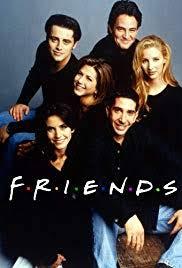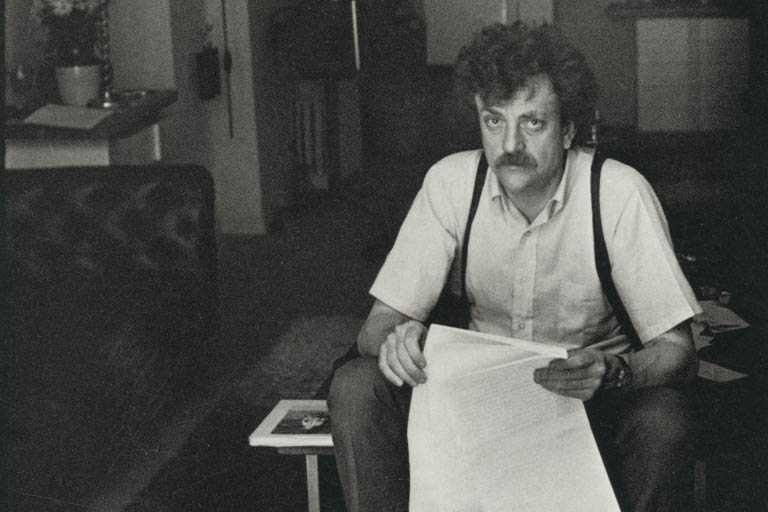Connecting to stories and characters
We are genuinely invested in the outcome of a story and the state of the various characters.
These connections to fictional stories and characters are why many people share their opinions about the plots and characters’ actions. People feel so connected, and in some cases, they feel like they have ownership over something.
45
170 reads
CURATED FROM
IDEAS CURATED BY
The idea is part of this collection:
Learn more about personaldevelopment with this collection
How to overcome unwanted thoughts
How to manage intrusive thoughts
How to change your attitude towards intrusive thoughts
Related collections
Similar ideas to Connecting to stories and characters
Make Them Feel Like You "Get" Them
People want to be understood and accepted, so you want to be empathetic to them and their experiences as best as you can. Finding commonalities is key to developing emotional connections:
- Don’t over-share or ask questions that are too personal.
- Ask them how they f...
How to Win Friends & Influence People
Dale Carnegie's How to Win Friends and Influence People is one of the most popular self-help books of all time. It has sold over 30 million copies. The key insight is that people are more likely to be persuaded by those who they like and respect:
- Become genuinely inte...
Kurt Vonnegut: How to write a good short story
- Use the time of a total stranger in a way that they won't feel it was wasted.
- Give the reader at least one character to root for.
- Every character should want something, even just a glass of water.
- Every sentence m...
Read & Learn
20x Faster
without
deepstash
with
deepstash
with
deepstash
Personalized microlearning
—
100+ Learning Journeys
—
Access to 200,000+ ideas
—
Access to the mobile app
—
Unlimited idea saving
—
—
Unlimited history
—
—
Unlimited listening to ideas
—
—
Downloading & offline access
—
—
Supercharge your mind with one idea per day
Enter your email and spend 1 minute every day to learn something new.
I agree to receive email updates


